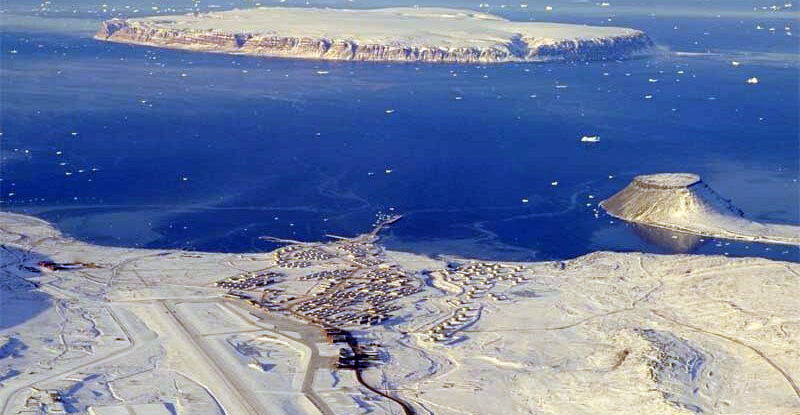Newly released emails reveal that during his tenure as vice president, Joe Biden received sensitive communications through private email accounts created under fictitious identities. The emails include discussions on foreign policy with his national security adviser, schedules of meetings with Cabinet secretaries, and a summary of at least one intelligence briefing to then-President Barack Obama.
The National Archives released the documents over the Memorial Day holiday weekend. They were made public as part of a Freedom of Information Act lawsuit filed by the Southeastern Legal Foundation on behalf of Just the News, targeting emails sent or received by Biden using his email account “robinware456@gmail.com.”
While the emails did not contain classification markings, they included sensitive information transmitted over an insecure Google email account, presenting potential risks from foreign powers or hostile spy agencies. The batch primarily covers communications from 2012. Under federal guidelines, employees may use private email accounts for government-related communications only if they forward them to their official email for record-keeping. In 2017, the Trump administration faced criticism for allegedly violating this rule.
To date, Biden has not explained why he used private email accounts, and there is no indication that the emails were forwarded to secure government servers. The White House has not addressed Biden’s use of pseudonyms. Ironically, Biden was vice president when President Obama introduced a memorandum on transparency and open government.
BIN LADEN RAID EMAIL.
According to the Archives, it holds tens of thousands of emails from three Biden pseudonym accounts used during his vice presidency. One email indicated friction between Obama and Biden over the raid that killed terrorist leader Osama bin Laden, which Biden had opposed.
“Transcripts look great. I’ve got your back on the other thing,” senior White House adviser Antony Blinken wrote to Biden on October 23, 2012.
Another email from Blinken in August 2012, during tensions in the Middle East, included observations about the Mosul region.
“Lots of oil though, so could become a flashpoint,” Blinken noted.




















